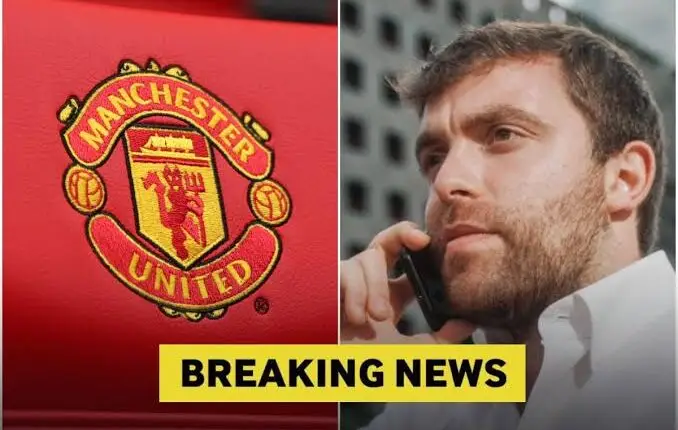Bruno Fernandes openly criticizing Alejandro Garnacho is highly significant, especially following Chelsea’s sale.
Bruno Fernandes openly criticizing Alejandro Garnacho is highly significant, especially following Chelsea’s sale
In the world of football, words often carry as much weight as actions on the pitch. When a senior player speaks publicly about a teammate, it sends ripples not only through the dressing room but also across the wider footballing community. This is precisely the case with Bruno Fernandes’ recent decision to openly criticize Alejandro Garnacho. The moment may appear on the surface to be a routine case of a captain holding a younger player accountable, but in reality, it represents something far more meaningful—particularly when viewed in the context of Chelsea’s recent high-profile sale.
First and foremost, Fernandes’ willingness to call out Garnacho demonstrates the growing maturity and leadership he has cultivated at Manchester United. As captain, Fernandes is expected not just to deliver consistent performances, but also to guide, mentor, and correct when necessary. Garnacho, though undeniably talented and brimming with potential, is still a young player who must learn the value of discipline, consistency, and team cohesion. By making his criticism public, Fernandes has set a clear standard: no individual, regardless of promise or popularity, is above accountability. This is a powerful message for the entire squad.
The significance of this criticism also deepens when placed alongside the broader narrative of change happening elsewhere in the Premier League, particularly Chelsea’s recent sale. The London club’s sale has once again highlighted the financial turbulence and uncertainty at the highest levels of football. In times when clubs are reshaping identities, restructuring squads, and recalibrating their goals, leadership within the dressing room becomes even more vital. Fernandes’ actions symbolize the kind of internal stability that every team needs to thrive amidst external upheaval.
What makes this moment striking is the contrast it creates. While Chelsea is embroiled in a process of transition and ownership shifts, Manchester United is trying to find consistency on the pitch and in its long-term strategy. Fernandes’ decision to step into the spotlight with a firm hand on discipline shows that United is aware of the importance of self-policing within its ranks. Teams without strong leadership often falter, regardless of financial muscle or ownership backing, and Fernandes appears determined to ensure that United does not fall into that trap.
Moreover, Garnacho’s response to this criticism will be crucial in determining what happens next. For young talents, moments like this can either become turning points toward maturity or stumbling blocks that create lasting tension. Should Garnacho embrace the feedback and refine his approach, it could accelerate his growth into one of the Premier League’s most dangerous wingers. On the other hand, resistance or immaturity could spark divisions that United can ill afford as it continues its rebuilding phase.
In conclusion, Fernandes’ public words carry an importance that extends well beyond the immediate incident. They reflect the balance of accountability and leadership necessary to guide a team through turbulent times. In the shadow of Chelsea’s sale, his actions also underline the contrast between clubs wrestling with external instability and those striving to maintain internal unity. For Manchester United, this is not merely about one captain criticizing one young player—it is about a statement of values, discipline, and vision for the future.
